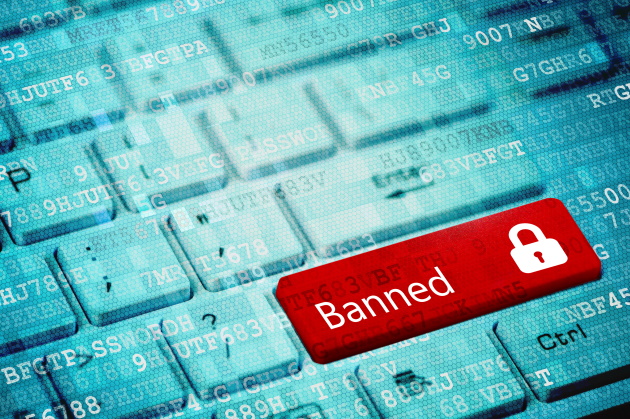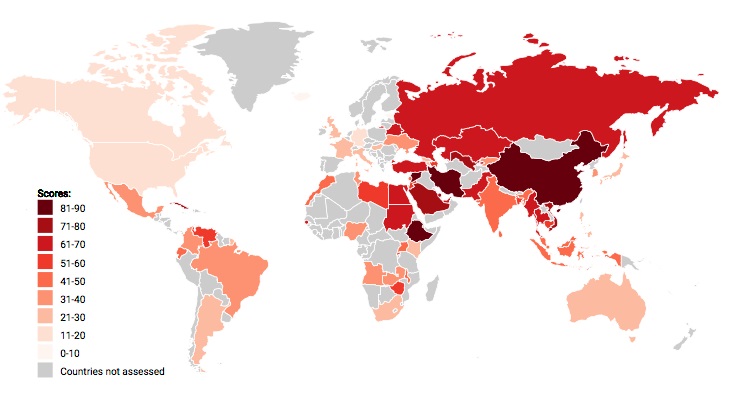The Digital Wall: Understanding Internet Censorship

As the digital era progresses, the internet has become an integral part of our lives, democratizing information and offering unprecedented levels of global communication. However, with its growth, another phenomenon has taken root: internet censorship. This article delves into what internet censorship is and its implications on modern society.
Defining Internet Censorship
Internet censorship refers to the control or suppression of information published or accessed on the internet. This can be done for various reasons, including political, social, or security concerns. At its core, it’s the limitation or outright denial of access to specific or broad swaths of information online.
Forms of internet censorship can vary, from blocking specific websites or platforms to monitoring and filtering search results to present a curated view of information. In some cases, entire platforms or services may be inaccessible, preventing users from accessing social media sites, news outlets, or other resources.
It’s essential to differentiate between two types of censorship: self-censorship and forced censorship. Self-censorship arises when individuals or organizations limit their expression out of fear of repercussions. Forced censorship, on the other hand, is imposed by external entities, typically governmental bodies or major corporations, through laws, regulations, or technological barriers.
Why is it Implemented?
The reasons behind internet censorship can be multifaceted and complex. One primary reason is political. Governments may wish to suppress dissent, control narratives, or prevent exposure to external ideologies that contradict their own. By controlling the flow of information, authorities can shape public opinion and quell potential uprisings.
Another driving force is cultural or moral values. Some nations believe that certain content is inappropriate or offensive based on their cultural or religious beliefs. To preserve these values, they might restrict access to content they deem unsuitable for their populace.
The Tools of the Trade
Technologically, internet censorship is achieved using various tools and techniques. One of the most common methods is IP blocking, where specific IP addresses are denied access. Another tool is DNS filtering, where domain names are blocked, making websites unreachable.
Keyword filtering is another technique where content containing specific keywords is blocked or removed. Deep packet inspection (DPI) takes this a step further, examining the data part of a web communication and filtering content based on certain criteria. These tools, often combined, create a robust censorship system that’s challenging to bypass.
It’s worth noting that companies and platforms also play a role in censorship. Whether due to government pressure, adherence to local laws, or corporate policies, platforms like search engines or social media sites might alter their content visibility based on region or other criteria.

Consequences and Implications
Internet censorship has profound implications. On one hand, it curtails freedom of expression and access to information, fundamental human rights recognized by international treaties. This can stifle innovation, creativity, and the free exchange of ideas, vital for societal growth and progress.
Moreover, censorship can create an uninformed or misinformed populace, leading to skewed perceptions and potentially harmful decisions. Economically, stringent internet censorship can deter foreign investments and impede the growth of the digital economy.
The Ongoing Debate
Internet censorship is a contentious issue. Advocates argue that it’s necessary for maintaining national security, preserving cultural values, and preventing the spread of harmful or false information. Detractors, however, view it as a tool of oppression, curbing basic rights and hindering societal progress.
As the digital age continues to evolve, the debate around internet censorship will undoubtedly intensify. It remains to be seen how societies will strike a balance between the free flow of information and the perceived need for control.
